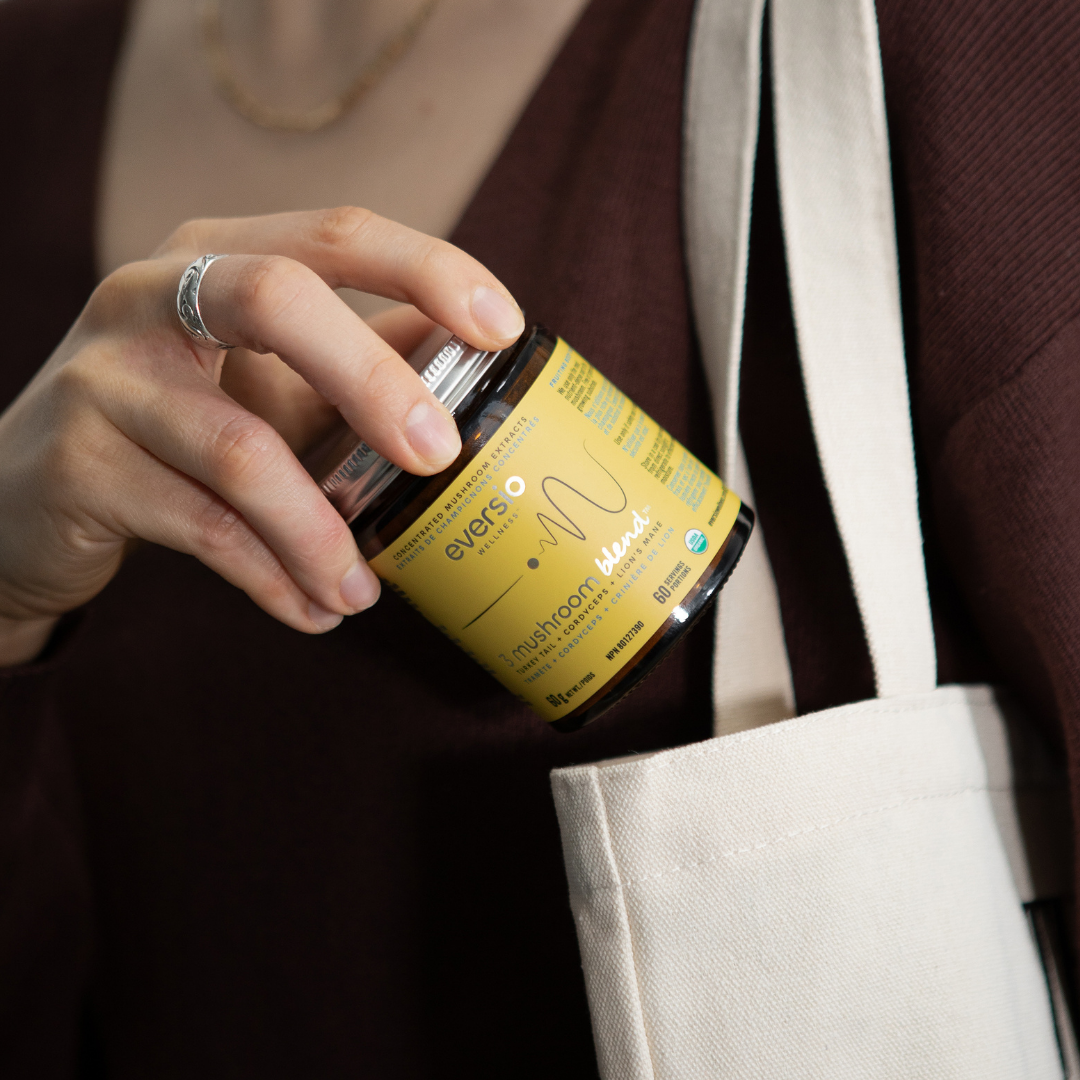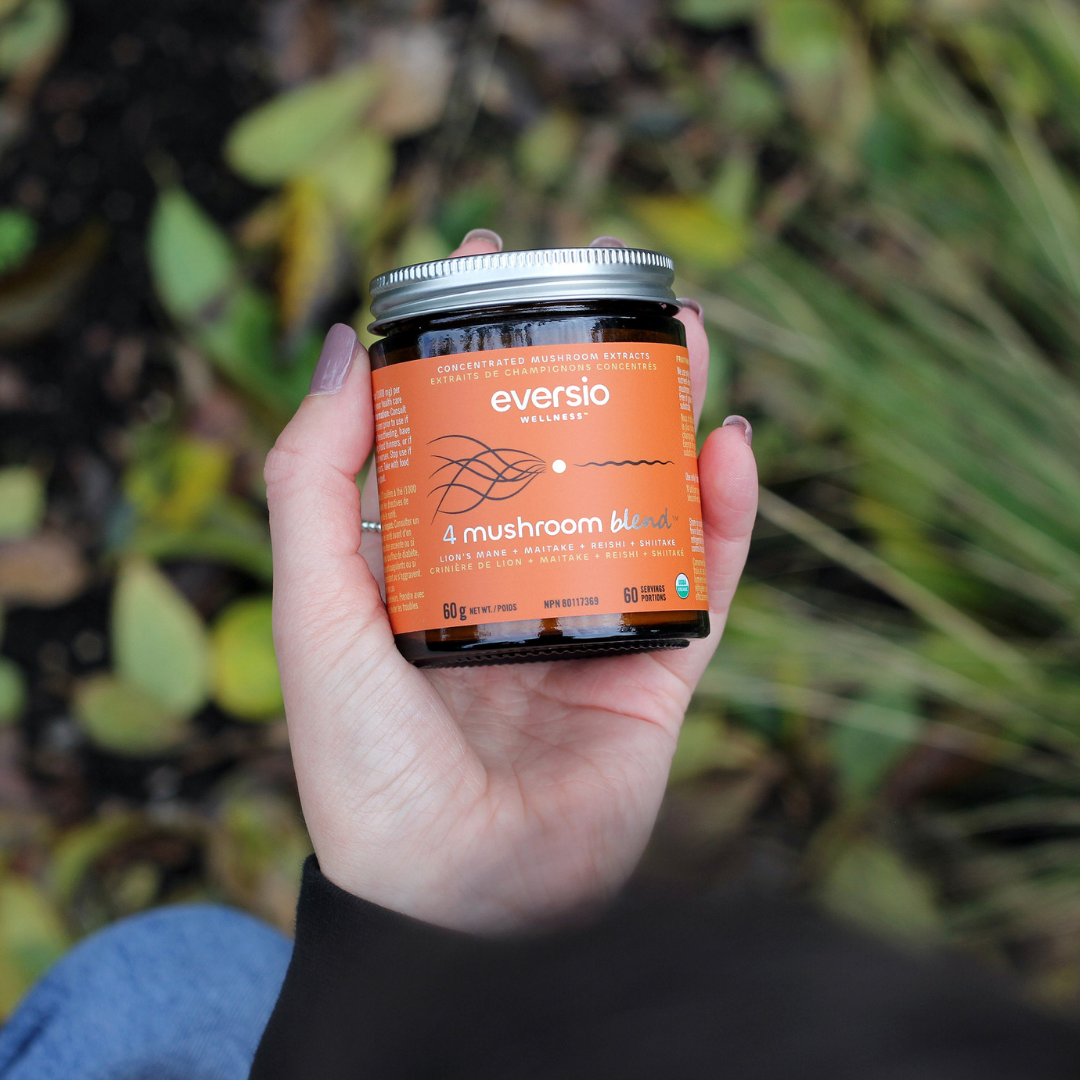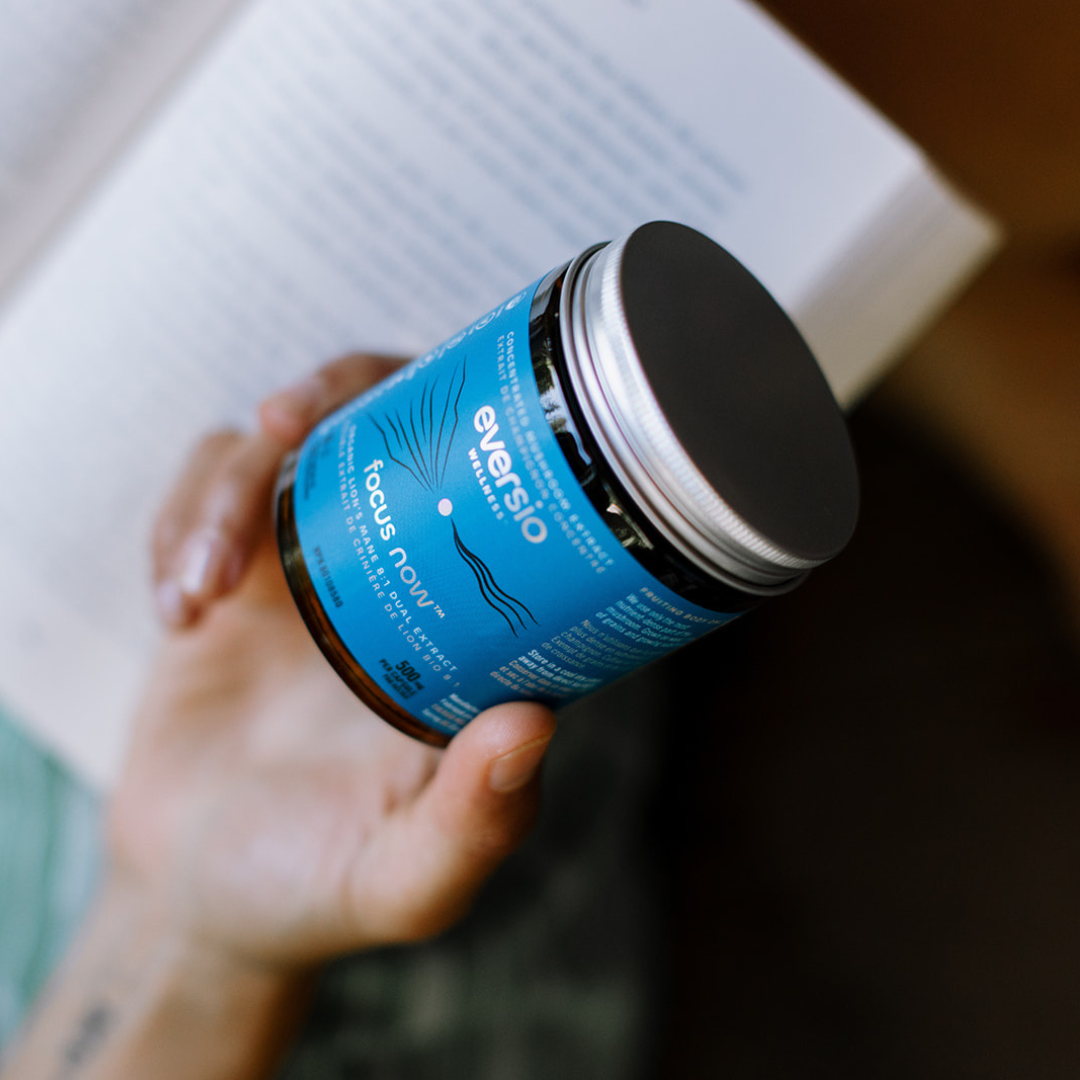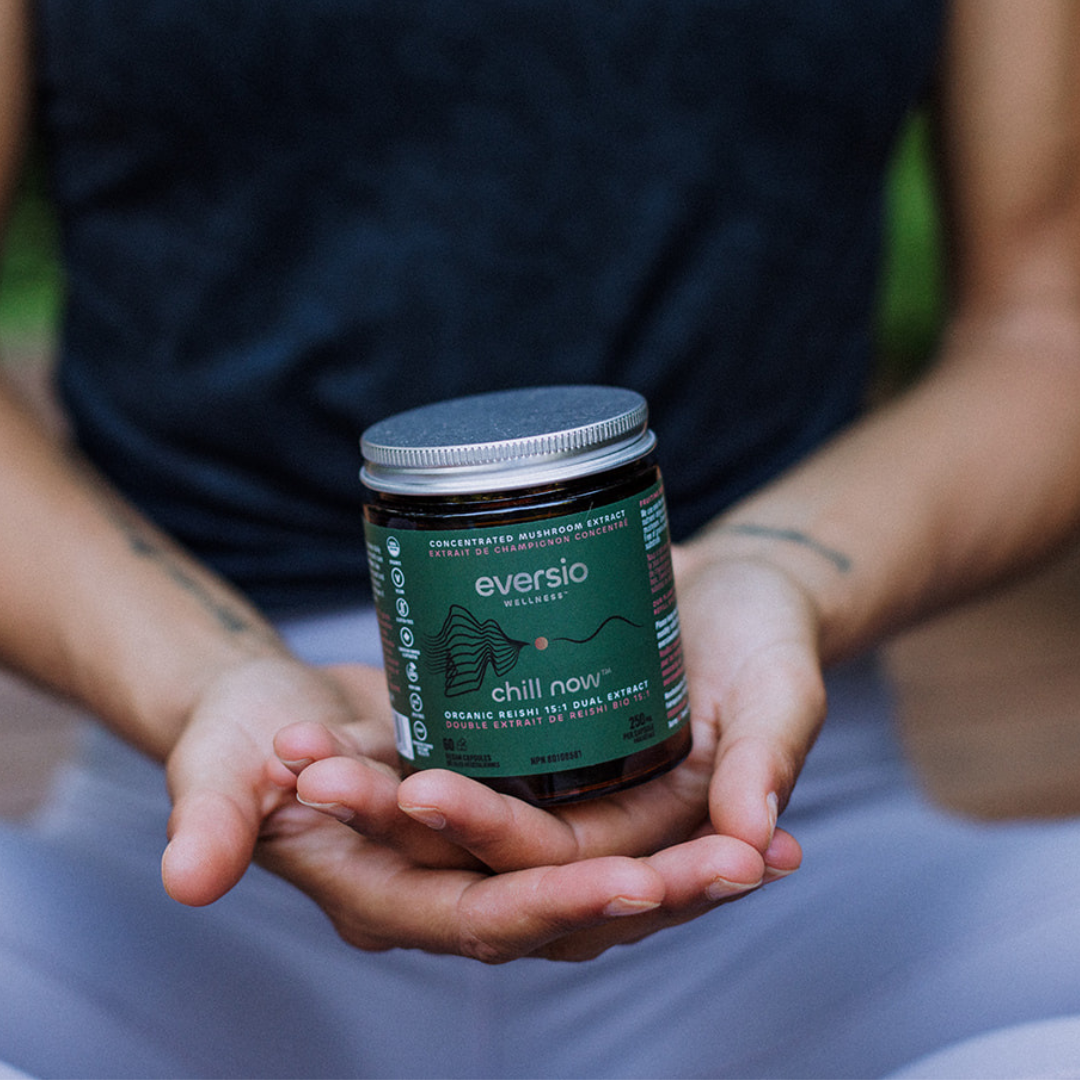Are you feeling that familiar itch in your nose and throat already? Yes, you guessed it, the time for seasonal allergies is just around the corner. Seasonal allergies affect millions of people every year and can cause a range of unpleasant symptoms, from sneezing and runny nose to itchy eyes and allergy headaches.
Many individuals find themselves on Google searching, “Can allergies cause sore throats?” “Can seasonal allergies cause fatigue?” “Symptoms of a cold vs allergies,” and endless amounts of questions with limited answers as to whether they should be taking time off work or school. If we can prevent the development of seasonal allergies and improve our immune system functioning as a whole, these issues may not be as prevalent in our lives.
What are Seasonal Allergies?
This condition occurs when the immune system overreacts to otherwise harmless substances, such as pollen or mold spores, in the air. With the changing of the seasons, many individuals are left searching for relief from the persistent discomfort that comes with seasonal allergies. While there are a variety of over-the-counter and prescription medications available, many people are seeking natural allergy medicine alternatives to help manage their symptoms.
Certain types of mushrooms, such as Chaga and Reishi, have been used in traditional medicine for centuries and are believed to have powerful anti-inflammatory and immune-boosting properties. Although we will never have a definitive answer on how to get rid of seasonal allergies, in this article, we will explore the scientific evidence behind the use of mushrooms for seasonal allergies and examine how they can be incorporated into a treatment plan.

Natural Relief of Seasonal Allergies with Reishi Mushroom
Seasonal allergies or seasonal allergic rhinitis is characterized by rhinorrhea (runny nose), nasal congestion, nasal and ocular pruritus (itchiness), and paroxysmal sneezing [1]. Often, those affected may attempt to find relief with oral or intranasal second-generation antihistamines or an intranasal corticosteroid [1]. Sometimes, if the condition is severe enough, multiple agents must be combined in order to achieve any level of relief [1]. However, this can be very time consuming, costly, and lead to many different unpleasant side effects, while also not addressing the underlying cause.
Reishi, also known as Ganoderma lucidum, is a functional mushroom that has been used for centuries due to its immunomodulating and calming properties. Th1 and Th2 cells play an important role in immunity and each have their respective stimulating functions in the immune system. Th2 responses are associated with allergies and involve cytokines, such as IL-4, which has Th2-promoting properties [2]. On the other hand, the cytokine IFN-g cross-regulates with IL-4 and its presence decreases production of IL-4, and vice versa [2]. This is significant because Reishi has been observed to increase the Th1 response and the production of IFN-g, thus, downregulating the Th2 response and potentially the signs and symptoms associated with allergies [2].
Another study using an animal model of allergic rhinitis found that the administration of Reishi mushroom extract illustrated an inhibitory effect on the nasal blockage and nasal hyperresponsiveness induced by repeated allergen exposures [3]. The study used cedar pollen as their allergen and found that 8 weeks of use led to significant improvements and the potential for its use an alternative anti-allergenic [3].

Chaga's Therapeutic Effect on Allergy and Immunoregulatory Mechanisms
As mentioned previously, Th2 cells play a role in allergies, specifically a triggering role in the activation and recruitment of certain cells (B cells, mast cells, eosinophils) that produce IgE antibodies, which then cause the allergic reactions [4].
Allergies result from a discrepancy between Th1 and Th2 responses where the imbalance is in favour of a Th2 response and is negatively regulated by Th1 [5]. Chaga oral administration was found to significantly reduce the total IgE levels in the blood and increase Th1-derived responses, thus illustrating an inhibitory effect on allergy development [5]. Additionally, much like Reishi, Chaga reduced the expression of IL-4, another important part of the allergic response [6].
Mast cells play a key role in the allergic immune response by initiating signals that induce IgE synthesis by B cells and by inducing Th2 cell differentiation [7]. The mast-cell stabilizing effect of Chaga seems to be mostly attributed to a specific triterpenoid known as inotodiol [8].
Inotodiol was able to suppress mast cell function in vivo without having any effect on other immune responses [9]. Conversely, the use of the entire Chaga mushroom extract played a role in suppressing many diverse immune responses, representing how the mushroom as a whole held immunomodulating activities [9].
By this point, you’re probably thinking, what is the best allergy medicine? With consideration that everyone is different and unique in their own way, there may never be a treatment that can provide relief of allergies for everyone. However, if you’re looking to try something new, it wouldn’t hurt to give Chaga or Reishi a chance while also enjoying the multitude of additional benefits these powerful fungi have to offer!
We hope you have found this article informative. If you have any questions or comments, please feel free to leave them in the comment section below!
By Silvana Jakupovic — BSc and 4th Year Student of Naturopathic Medicine (CCNM-Boucher)




















1 comment
Kimberlee
Great information; thank you.
Leave a comment
All comments are moderated before being published.
This site is protected by hCaptcha and the hCaptcha Privacy Policy and Terms of Service apply.